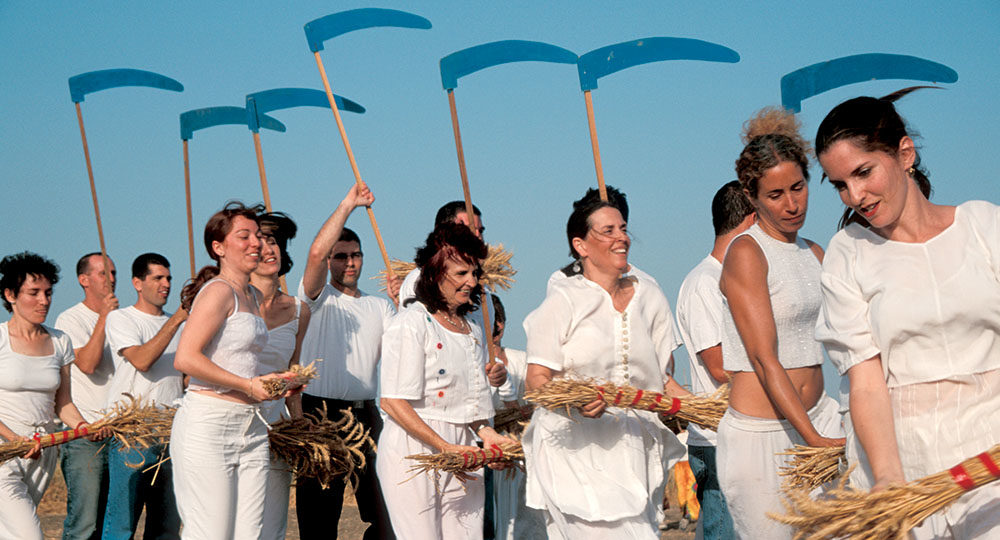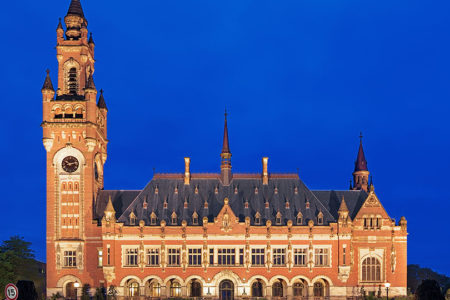One Holiday, Two Birthdays
Thousands of Jewish people will make their traditional trek on foot to the Western Wall later in May to celebrate one of Judaism’s holiest days, Shavuot, the Feast of Weeks.
One of three God-given pilgrimage festivals, Shavuot (Hebrew for “weeks”), also called Pentecost (Greek for “holiday of fifty days”), begins at sundown May 25, fifty days after the start of Passover.
Shavuot has enormous significance to Jews and Christians alike because it is both the birthday of the Jewish nation and the birthday of the church.
On the third day of the third month (Ex. 19:1, 11), the Lord descended on Mount Sinai in smoke and fire and spoke the Ten Commandments that form the basis of Jewish law (Torah). There He transformed three million Hebrew refugee-slaves into a nation designed to be a special treasure to Him (Ex. 19:5-20:1-17).
The fourteenth day of the first month (Ex. 12:1, 6) was the Lord’s Passover. He spared every Israelite home in Egypt that had sacrificed a lamb and applied its blood to the lintels and doorposts. But He destroyed all Egypt’s firstborn.
About fifteen hundred years later, Jesus died on Passover as the “lamb of God.” And on Shavuot the Holy Spirit descended on devout Jewish men who had come to Jerusalem (Acts 2:1-5). They heard the apostle Peter preach about Jesus, and three thousand “gladly received his word” and were baptized (Acts 2:41). So began the church.







